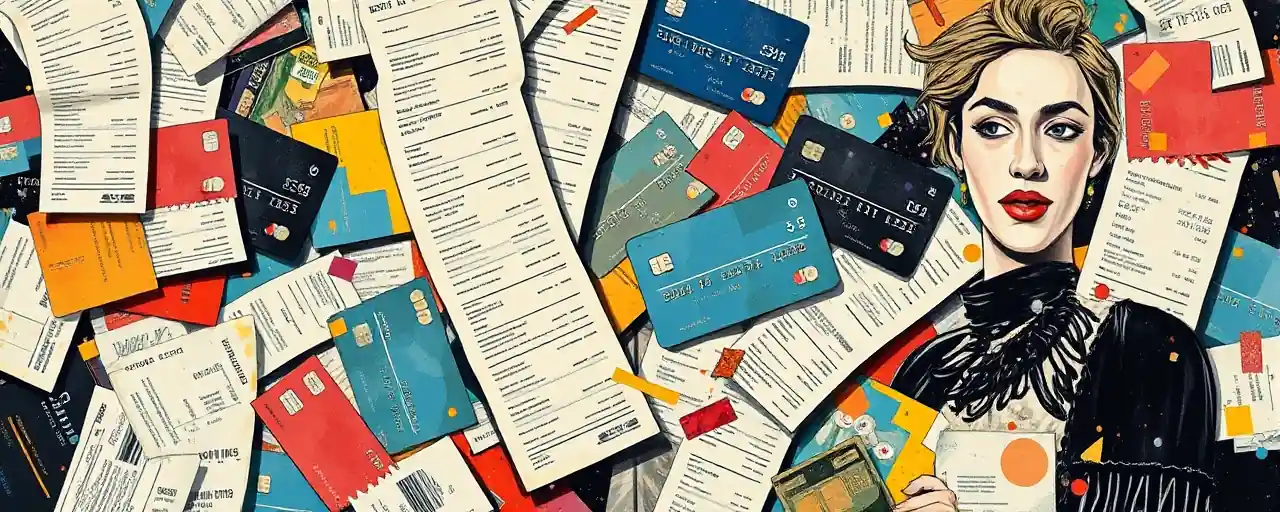A Costly Deception Unraveled
Four Chinese nationals landed in federal prison last month after a daring scheme unraveled in Los Angeles, leaving retailers like Nordstrom and Macy’s reeling from losses topping $1.2 million. The group stole personal details, including Social Security numbers and birth dates, from hundreds of unsuspecting victims to craft fake driver’s licenses, opening credit lines in victims’ names at major stores across the U.S.
The sentences, handed down on March 17, ranged from just over a year to more than three years, reflecting the scale of their operation. Federal authorities described it as a stark reminder of how identity theft can ripple through everyday life, hitting businesses and individuals alike with a force that’s tough to undo.
The Mechanics of the Scam
At the heart of the plot was a calculated use of stolen data. Kar Kee Cheung, Qian Guo, Chongming Wang, and Jiaozhu Yan, all based in Southern California, worked together to turn pilfered identities into profit. They targeted high-end retailers like Ulta Beauty and Saks Fifth Avenue, racking up charges on fraudulent accounts before anyone caught on. A fifth member, Sizhen Liu, had already been sentenced in January to over four years behind bars, while a sixth, Hyun Woo Jung, awaits his fate in May.
Investigators found equipment for making fake IDs in the group’s possession, pointing to a hands-on approach that blended visa fraud with financial trickery. The State Department’s Diplomatic Security Service, alongside U.S. Immigration and Customs Enforcement’s Homeland Security Investigations and the FBI, pieced together the operation, with local police in Alhambra and Arcadia lending a hand.
A Growing Threat to Retail and Beyond
This case shines a light on a broader surge in identity theft plaguing retailers nationwide. Experts note that synthetic identity fraud, where real and fake data merge into new personas, is climbing fast. Retailers are fighting back with AI-driven tools to spot suspicious patterns, but the arms race between fraudsters and businesses shows no sign of slowing. Losses from such schemes don’t just dent profits; they push prices higher for everyone at the checkout.
Beyond retail, fake IDs fuel a web of crimes, from banking scams to healthcare fraud. Historical cases, like the massive breaches at Target years back, underline how stolen data can spiral into chaos. Today’s fraudsters wield deepfake tech and forged documents, making detection trickier than ever, while federal agencies scramble to keep pace.
Global Echoes and Local Impact
The Los Angeles bust ties into a global tangle of organized crime. Just last year, INTERPOL nabbed over 300 suspects across Africa for scams hitting mobile banking and investment platforms, raking in billions in losses worldwide. Visa fraud, a key piece of this puzzle, often paves the way for cross-border schemes. In India, authorities recently exposed a ring forging documents to snag U.S. visas, charging hefty fees for a shot at entry.
Back home, the ripple effects hit hard. Victims face wrecked credit and endless headaches, while retailers tighten security, sometimes at the cost of customer convenience. Advocates for stricter immigration checks point to cases like this as evidence of loopholes, but others argue the real fix lies in better tech and coordination, not just border policies.
The Fightback Takes Shape
Federal agencies are doubling down. The IRS Criminal Investigation unit, for one, has clawed back billions in fraudulent gains over the past few years, using data trails to dismantle networks. A new initiative, CI-First, aims to speed up probes by syncing with banks, while the Financial Crimes Enforcement Network ramps up scrutiny near the U.S.-Mexico border to choke cartel cash flows.
Businesses aren’t standing still either. Retailers lean on clustering models to flag dodgy accounts, balancing fraud prevention with keeping shoppers happy. It’s a tightrope walk, but the stakes, measured in trust and dollars, leave little room for error.
Where the Pieces Fall
The Los Angeles case wraps up with six defendants facing justice, but the bigger picture lingers. Each fake ID seized and prison term served chips away at a sprawling problem, yet the ingenuity of fraudsters keeps the pressure on. For now, the collaboration between local cops and federal heavyweights offers a glimpse of what works when the system clicks into gear.
What sticks with you is the human cost. Behind the headlines are people whose lives got hijacked, retailers scrambling to plug leaks, and a society wrestling with how to stay one step ahead. It’s not a tidy win, but a gritty, ongoing slugfest against a foe that doesn’t quit.
